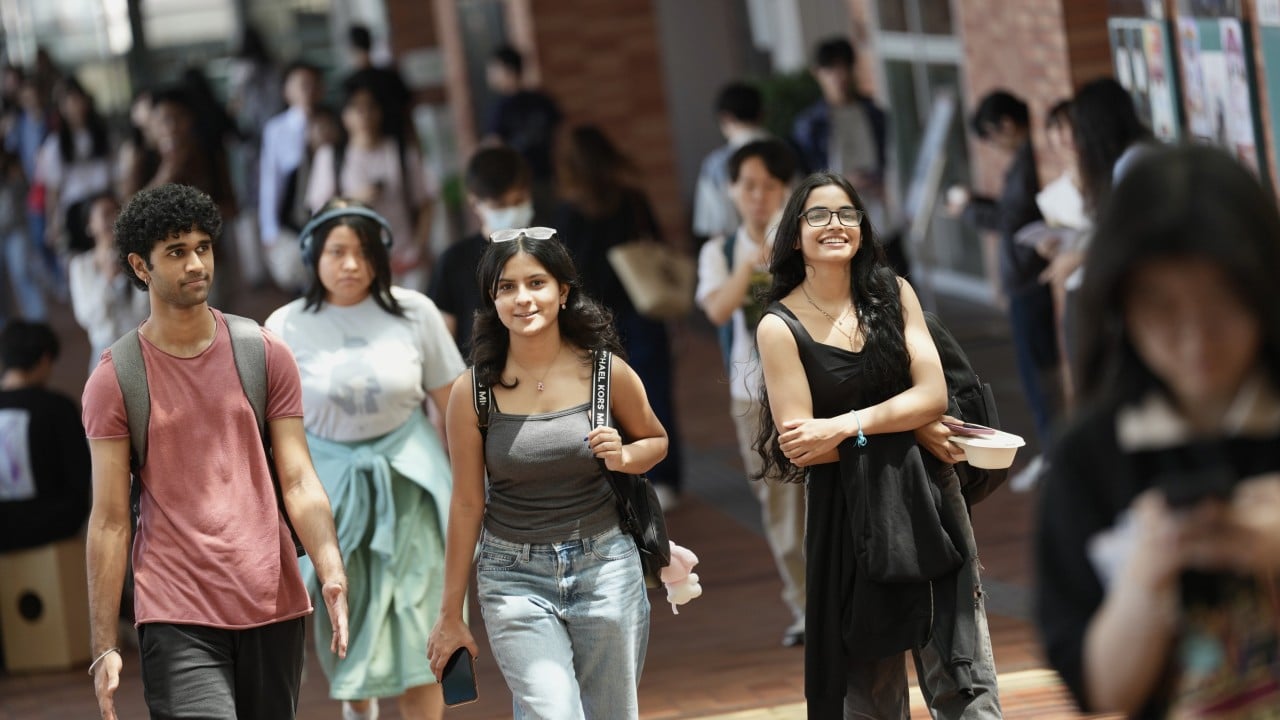Hong Kong’s government has repeatedly declared its ambition to turn the city into an international education hub. In speeches, policy documents and investment plans, this vision is portrayed as central to boosting competitiveness, revitalising the economy and deepening integration with the Greater Bay Area development zone. Can Hong Kong truly achieve this goal, and under what conditions?
Advertisement
For decades, Hong Kong’s universities have stood among Asia’s finest. With strong English-language traditions, robust governance and internationally recognised research, the city has long linked Chinese scholarship with global academia. That legacy underpins the current “education hub” narrative.
Recent government initiatives – including the Top Talent Pass Scheme, the Northern Metropolis university town and scholarships targeting Belt and Road Initiative countries – reflect a clear intent to use higher education as an engine of innovation and regional soft power.
But turning vision into reality requires more than funding or infrastructure. A successful international education hub depends on openness, affordability, reputation and trust – qualities Hong Kong must work harder to sustain.
Hong Kong’s appeal as a study destination has waned in recent years; international enrolment remains below pre-pandemic levels. Rising living costs, limited accommodation and complex visa procedures are likely impediments to encouraging prospective students.
Advertisement
Singapore has become a formidable rival, attracting talent that might have considered Hong Kong. Meanwhile, mainland China’s top universities in Shanghai and Beijing are climbing global rankings and offering world-class facilities and funding.

